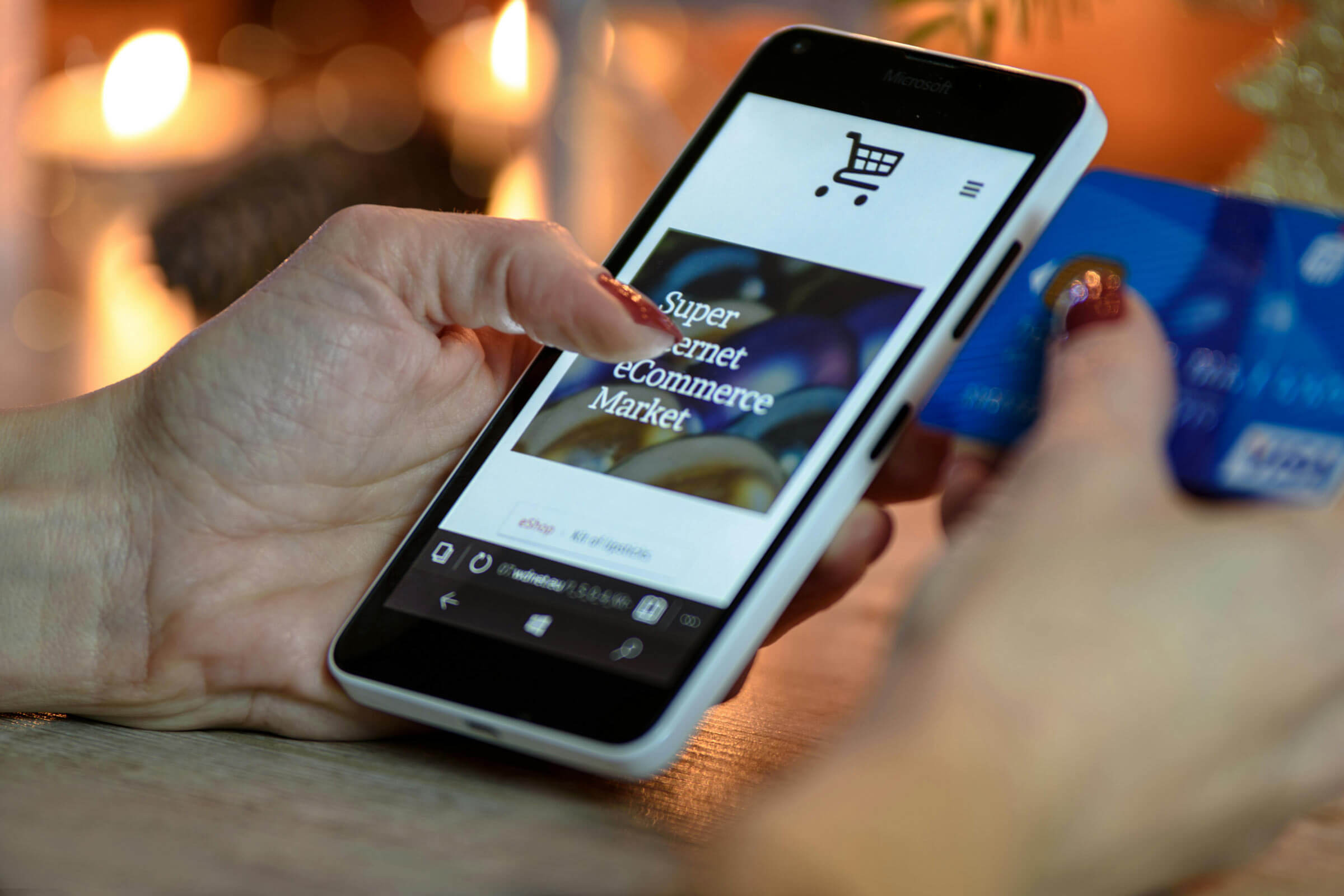With the holiday season fast approaching, Americans are once again turning to Buy Now Pay Later (BNPL) services in record numbers, drawn by their promises of easy payments and no interest.
According to a recent Reuters report, BNPL usage is expected to hit an all-time high this year, driven by debt-laden shoppers trying to stretch their budgets during the holiday rush.
Related articles:
• How to Limit and Avoid Credit Card Debt
• What is Buy Now, Pay Later (BNPL)?
The surge in BNPL popularity
BNPL services like Affirm, Afterpay, and Klarna have become ubiquitous, offering consumers the ability to split their purchases into smaller, manageable installments without incurring interest—at least at first glance.
What was once a niche financial product has now become a mainstream alternative to credit cards, especially among younger consumers who are wary of traditional debt but still want to indulge in holiday shopping without feeling the immediate financial pinch.
However, this temporary relief comes at a cost. While BNPL offers the allure of deferred payments, many consumers fail to consider the downstream financial risks. Missed payments often lead to late fees and interest, which can escalate into bigger debt burdens, akin to the credit card trap these shoppers were initially trying to avoid.
Moreover, BNPL services can negatively affect credit scores if consumers miss payments, adding another layer of financial vulnerability. This echoes concerns raised in a CNN article last year, which highlighted how BNPL services, while convenient, often lead to spiraling debt as consumers take on multiple BNPL installment plans across different platforms.
The financial vulnerability of the holiday season
The holiday season, from Thanksgiving through January, is often the time when Americans are at their most financially vulnerable.
Data from the National Retail Federation shows that holiday spending continues to grow each year, with many consumers feeling pressured to spend more on gifts, travel, and festive activities. For some, this means stretching their already tight budgets even further.
January, often dubbed the “hangover month” for finances, sees many shoppers scrambling to pay off holiday-related expenses, often realizing they have bitten off more than they can chew. For consumers who used BNPL during the holidays, the joy of deferred payments can quickly turn sour as they face mounting bills just when their financial resources are at their lowest.
The short-term relief BNPL provides can mask the long-term consequences of overspending during the holiday season. As highlighted by the Reuters report, while BNPL services promise flexibility, they also create a false sense of financial security, designed to make consumers spend beyond their means to the benefit of the retailers.
BNPL services do not always conduct thorough credit checks, meaning individuals with limited financial capacity can overextend themselves across multiple platforms.
The downside of deferring payments
While BNPL is often marketed as a consumer-friendly alternative to credit cards, it can lead to serious financial complications. One of the most significant issues is the ease with which consumers can accumulate debt. BNPL services do not always conduct thorough credit checks, meaning individuals with limited financial capacity can overextend themselves across multiple platforms.
Additionally, many consumers underestimate the challenge of managing several installment plans simultaneously. As the CNN article pointed out, it's not uncommon for shoppers to use BNPL for various purchases, leading to a situation where they have several payments due at different times, complicating their financial planning. This creates a cycle of debt that can be difficult to break, especially when factoring in the penalties and fees for missed payments.
Further complicating matters, the growing popularity of BNPL services has attracted regulatory scrutiny. The U.S. Consumer Financial Protection Bureau (CFPB) has voiced concerns over the lack of transparency regarding the true costs of BNPL, as well as the potential for consumers to accumulate unmanageable debt without fully understanding the financial risks involved. As BNPL usage continues to rise, the need for clearer regulations and consumer protections becomes more pressing.
An alternative approach: minimize debt with new fintech tool
In light of the financial strain BNPL can impose, it’s essential to explore alternative solutions that provide consumers with greater payment flexibility without encouraging new forms of debt. One such option is Kasheesh, a financial service that allows users to split payments across multiple payment methods, including credit cards, debit cards, and prepaid gift cards.
A consumer facing a significant purchase, like holiday gifts or travel, can use Kasheesh to split the payment between two or more of their existing cards
Unlike BNPL, Kasheesh does not involve signing up for new installment loans or additional credit. Instead, it allows consumers to leverage the funds and cards they already have–and combine them for single purchases to afford more.
For example, a consumer facing a significant purchase, like holiday gifts or travel, can use Kasheesh to split the payment between two or more of their existing cards. When trying to minimize debt, the consumer can choose to fund as much as they can afford with money from their checking account, and charge only the portion of a purchase that they truly need to finance to one or multiple credit cards.
This payment-splitting flexibility is especially valuable during the holiday season when consumers are more likely to make larger purchases. Kasheesh helps prevent the post-holiday financial hangover by allowing users to control how they pay for items in real-time, reducing the temptation to defer payments into the future as BNPL encourages. By enabling consumers to make smarter spending decisions upfront, Kasheesh can help mitigate the financial strain often experienced in January when the bills for holiday expenses start rolling in.
Related articles:
• How To Do Split Payments on Amazon
• Best Buy Split Payment: Use Two Cards for a Single Purchase
Conclusion: Making smarter financial choices during the holidays
As BNPL continues to gain popularity, it’s crucial to recognize both its benefits and its pitfalls. While it offers a short-term solution to the pressures of holiday spending, the long-term risks of missed payments, accumulating debt, and financial strain are significant. Consumers should be aware of these risks and consider alternative options, like Kasheesh, which provide payment flexibility without the need to take on new credit.
The holiday season is a time for celebration and generosity, but it should not come at the expense of financial stability. By making smarter financial choices—such as utilizing services that allow for payment flexibility without relying on installment loans—consumers can enjoy the holidays without the worry of a financial hangover as they ring in 2025.




.png)










.png)










